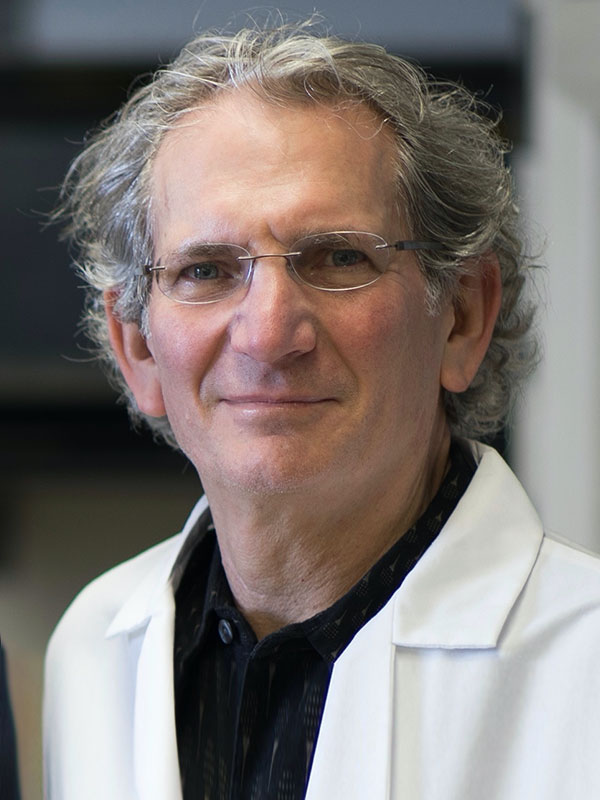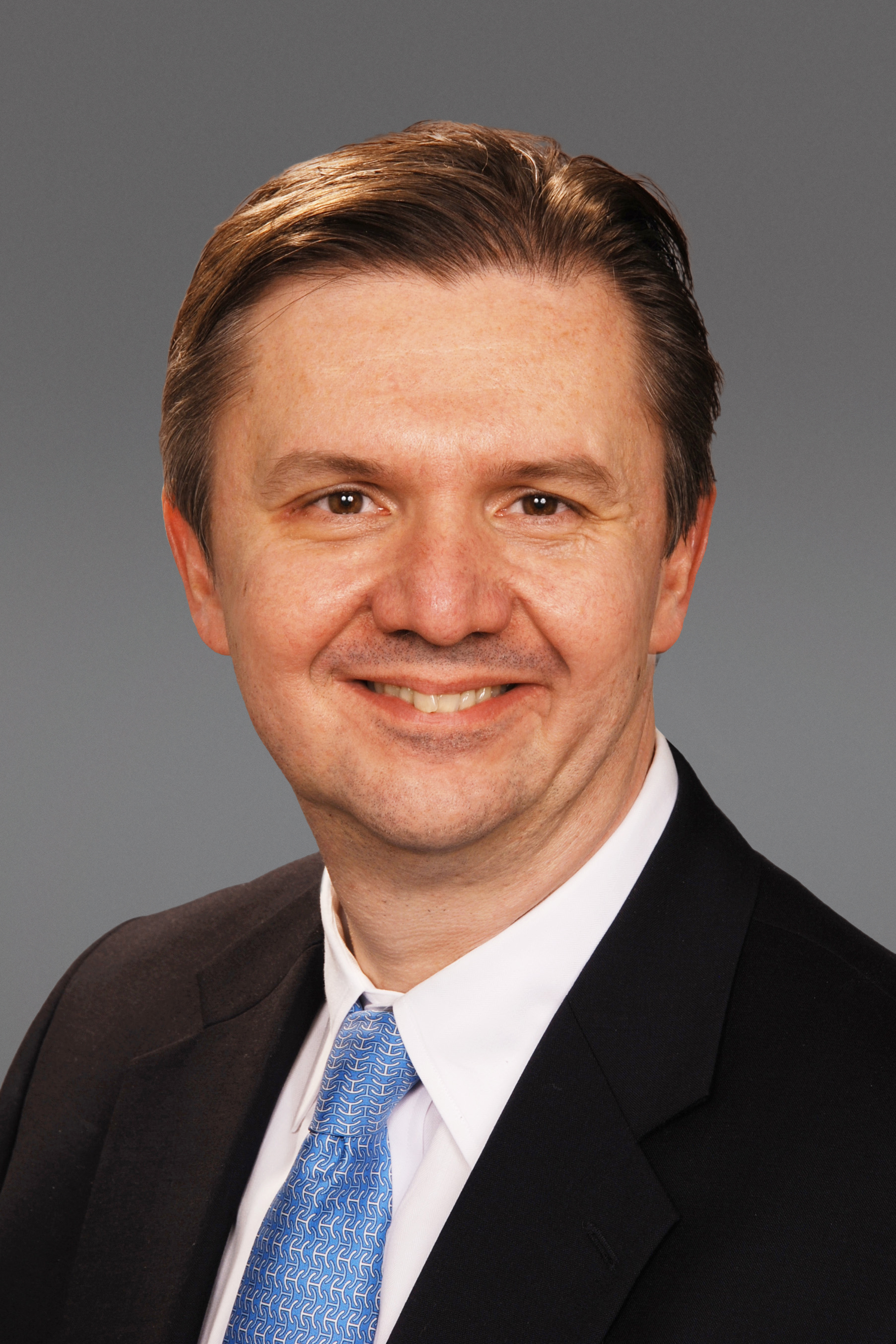Einstein Experts for Media
Search Results
You searched for "obesity"
4 results found
Robert D. Burk, M.D.

Professor and Vice Chair for Translational Research, Department of Pediatrics
Professor, Microbiology & Immunology
Professor, Obstetrics & Gynecology and Women’s Health
Professor, Epidemiology and Population Health
Attending Physician, Pediatrics, the Children's Hospital at Montefiore
Human papillomavirus (HPV)Cervical cancer screeningMolecular evolution
Mario J. Garcia, M.D.

Co-Director, Montefiore Einstein Center for Heart and Vascular Care
Chief, Cardiology, Department of Medicine, Einstein and Montefiore Health System
Professor, Medicine (Cardiology), Einstein
Pauline A. Levitt Chair in Medicine, Einstein
Heart DiseaseCardiologyCardiac imaging
Cardiovascular disease
Gary J. Schwartz, Ph.D.

Professor, Medicine (Endocrinology)
Professor, Dominick P. Purpura Department of Neuroscience
Neurobiology of obesity and diabetesGastric-bypass surgery
Dr. Schwartz studies how the gut and the brain act together to determine how much people eat. He has identified sites in the gastrointestinal tract and brain that detect nutrients and has discovered how these regions are linked to food intake, obesity and diabetes. He also studies gastric-bypass surgery and the key neural and hormonal mechanisms responsible for the significant and long-lasting improvements in body weight, food intake and diabetes following the procedure. read more...
Judith Wylie-Rosett, Ed.D.

Professor, Epidemiology & Population Health (Health Promotion and Nutrition Research)
Professor, Medicine (Endocrinology)
Division Head, Health Promotion and Nutritional Research, Department of Epidemiology & Population Health
Atran Foundation Chair in Social Medicine
NutritionObesityWeight management
Behavior modificationType 2 diabetes
Dr. Wylie-Rosett’s research focuses on nutrition’s role in preventing and controlling chronic diseases—particularly diseases such as type 2 diabetes and heart disease in which obesity is an important risk factor. She is associate editor of the journal Diabetes Care and author of The Complete Weight Loss Workbook. Dr. Wylie-Rosett has helped the American Diabetes Association and American Heart Association develop nutrition-related recommendations and position statements. read more...


